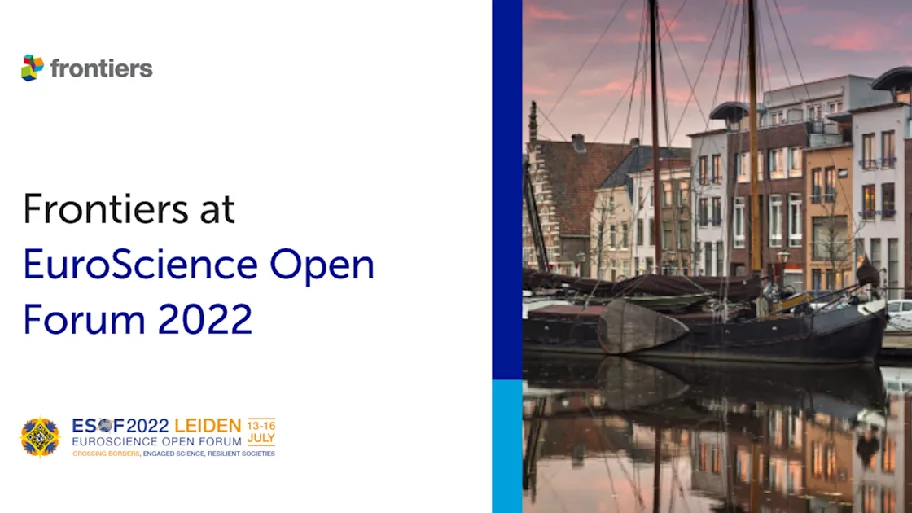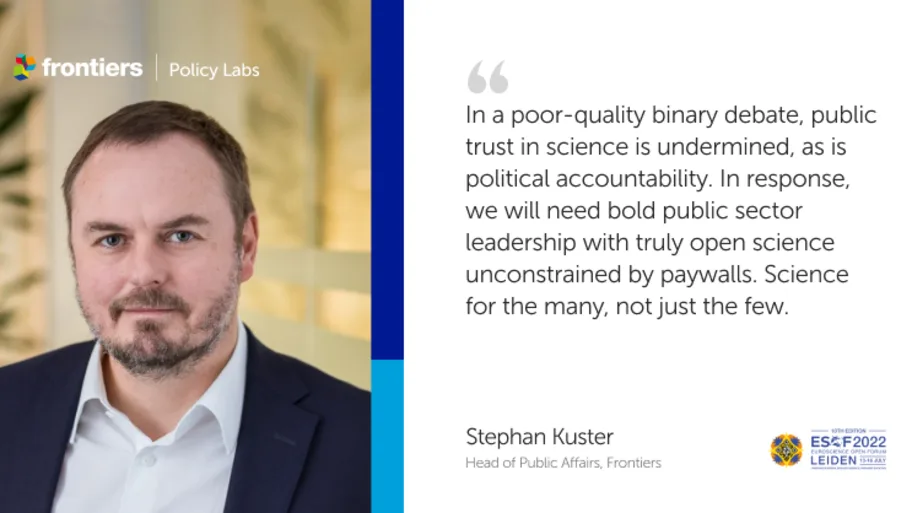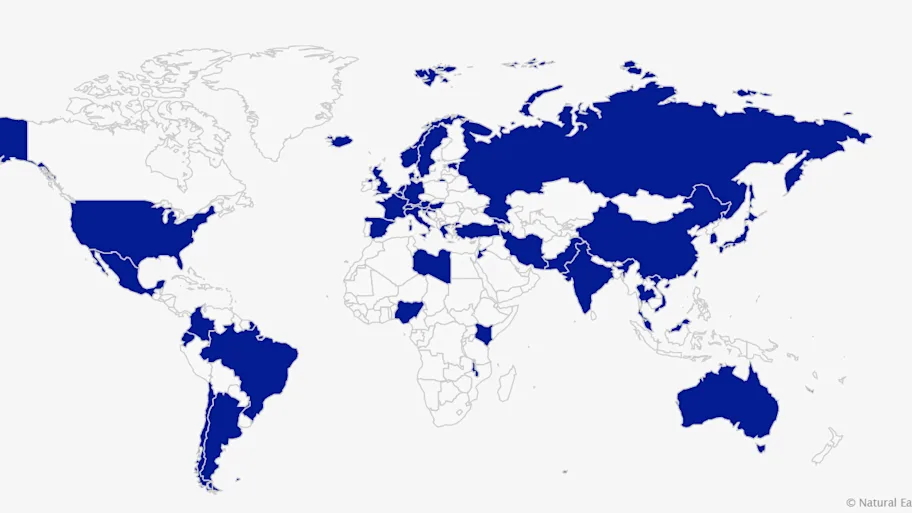
- Science news
- Open science policy
- Collective knowledge, consensus for action
Collective knowledge, consensus for action
On 7 December 2022, Stephan Kuster, head of public affairs at Frontiers, gave a speech at our reception in the World Science Forum, the international conference on global science policy hosted this year by the Republic of South Africa.

Good evening. It’s great to see you all here. My name is Stephan Kuster, I am head of public affairs at Frontiers.
We are delighted to support the Forum here in Cape Town.
As you many of you may know, Frontiers is a leading research publisher and open science platform.
It is the third most-cited and sixth largest in the world. The science we publish is globally shared, free to read and open to all.
Our mission at Frontiers is clear and simply put. We want to make all science open – so that we can collaborate better and innovate faster, for fairer outcomes in all parts of society.
That’s our social purpose as a business.
The World Science Form team has done a fantastic job bringing us all together to consider the influence and responsibilities of science.
The scientific community has more than met those responsibilities in recent years, not least in its collective response to the pandemic.
Can that success be repeated? Absolutely.
But we will have to acknowledge that too often science is captured by votes or opinions.
That the doubts it raises are too often seen as part of the problem rather than a source of solutions.
That scientific authority comes both from the evidence and the public consensus around it.
I believe this public consensus will be stronger when it is backed by the latest knowledge, globally shared, free to read and open to all.
We face global, existential threats. From health emergencies to climate change, we see and feel them now.
Reversing them will require global collaboration, political will, and scientific breakthroughs at a scale we’ve not yet seen.
And on all those counts, success will rest heavily on the widespread sharing of the latest scientific knowledge. All of it. As Covid proved.
But the Covid emergency also revealed inequalities. And the debate on climate change rightly focuses on equality, equity, and outcome.
Consensus for the right course of action will be hard to find. But public sector leadership and civic success depend on it.
And science does too.
When the latest knowledge is globally shared, free to read and open to all, consensus for action will be stronger and more sustainable.
At Frontiers, we want to play our part.
We need to work harder to explain the benefits of shared science.
To argue the case that greater collective knowledge will drive better collective action, backed by stronger consensus.
We must fully open that collective knowledge to help meet public appetite for transparency, trust and a more just science.
Thank you.






